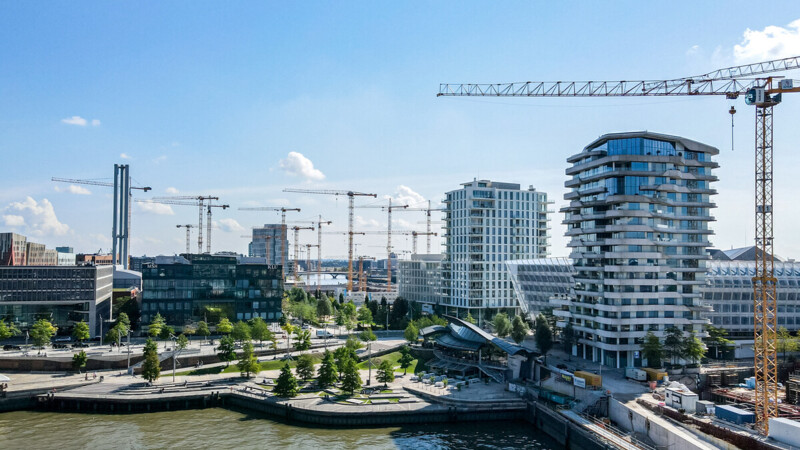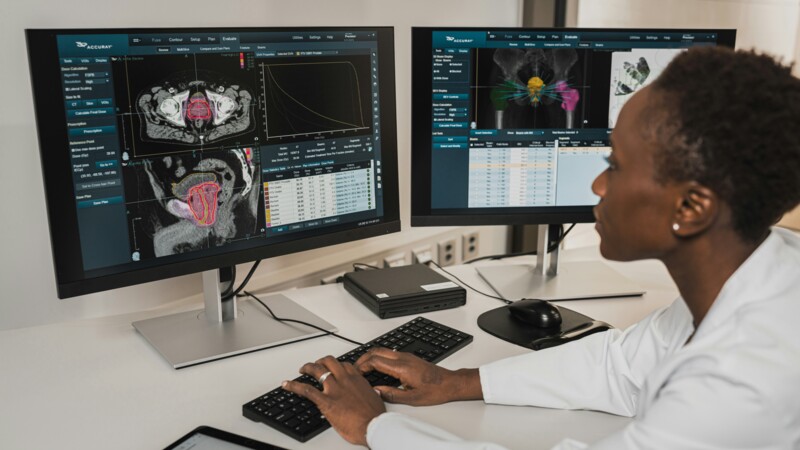"Digitalisation is not a state, it is a process," said Ralf Wintergerst, President of Bitkom. Political will and commitment are essential to making progress in a short period of time. Hamburg ranked third in IT and communications with 86.4 points, third in mobility with 98.5 points and second in the society and education cateorgy with 94.5 points. A total of 82 cities with a population of at least 100,000 were analysed for the ranking and .a total of 13,284 data points.
Hamburg has come second in the Smart City Ranking 2024 with 86.2 out of a possible 100 points - a rise of 2.3 points over 2023, according to the Bitkom digital association. The prizes were presented Tuesday (October 15) during the Smart Country Convention in Berlin. Munich topped the ranking with 88.3 points while Cologne came third with 83.2 points. The cities were assessed in five categories: Administration, Energy and Environment, IT and Communication, Mobility and Society and Education.
Hamburg focusing on society, IT and mobility
Hamburg advancing innovation
Intense talks between science, commerce and society increase a city's chances of becoming a smart city, Wintergeist said. German states and the EU Commission as well as business and science have vowed to collaborate as part of the "Metropolitan Model Region for Mobility" based on the city's climate plan and the Hamburg-Takt. Driverless shuttles in Hamburg and digital underground and suburban trains, for instance, are also being advanced. The Connected Urban Twins project involving Leipzig and Munich is another example of Hamburg's path progress towards smart city. A 3D project planner gives everyone a better understanding of complex urban planning projects. More informed decisions can now be made thanks to the efforts of Hamburg, Leipzig and Munich.
fw/pb
Sources and further information
More
Similar articles

Hamburg to become model mobility region

Mobility transition progressing in Hamburg

3D project planners now used for building in Hamburg
